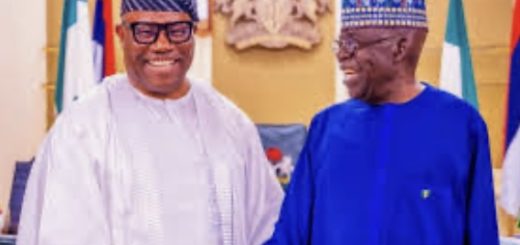Nigeria’s communities in Enugu and Abia face the same herdsmen terror as President prepares to visit Benue.
Today, Wednesday, President Bola Tinubu is scheduled to visit Benue State, a move prompted by the recent brutal killing of over 200 villagers by suspected herdsmen. The visit marks a significant response to mounting concerns over the pervasive violence and insecurity in the region, extending to other states in that environment.
Communities like Edikwu-Ankpali and Tyoshin in Naka have also suffered brutal attacks, leaving many residents dead. These incidents are not isolated; line after line, history tells of a disturbing pattern. Between 2017 and 2022, armed herdsmen targeted over 20 farm settlements in Eha-Amufu, resulting in at least 123 deaths. This recurring violence underscores the persistent threat faced by rural communities across the region.
The insecurity extends far beyond Benue and Enugu, impacting neighbouring states such as Abia. Recent attacks in Umunneochi and Isuikwuato have been equally devastating. Locals recount how insurgents arrived under the cover of night, shooting indiscriminately, torching homes, and forcing villagers to run for safety into the surrounding bushes. While the Abia State government confirmed the attacks, officials declined to disclose casualty figures, instead assuring that security agencies are actively working to restore order.
Human rights advocate and former UN Special Rapporteur Prof. Joy Ezeilo has expressed deep concern, urging the federal government to act swiftly. She emphasises the need for thorough investigations and swift justice to provide closure and security for the victims. “Every Nigerian’s life matters,” she insists, calling for transparent, decisive action to restore peace across the country.
However, some security experts warn that President Tinubu’s upcoming visit to Benue may serve more political purposes than actual security solutions. Dr. Kabiru Adamu, Managing Director of Beacon Consulting Limited, suggests that while the gesture might help alleviate internal political tensions—given the complex factional landscape—it does not substitute for a comprehensive security strategy.
Adamu stresses that Nigeria’s ongoing violence is fueled by deeper political and internal dynamics, including factional disputes within the ruling party and the lingering influence of past administrations. He urges that President Tinubu’s visit should be complemented by concrete security measures, rather than used solely as a political soft power move.
As Nigeria faces these multifaceted security challenges, the nation is hopeful that meaningful actions will follow—ones that can genuinely protect communities, ensure justice, and bring lasting peace. President Tinubu’s visit to Benue might be a pivotal moment, but only if it is backed by tangible efforts to stem the bloodshed and restore safety across the affected regions.



